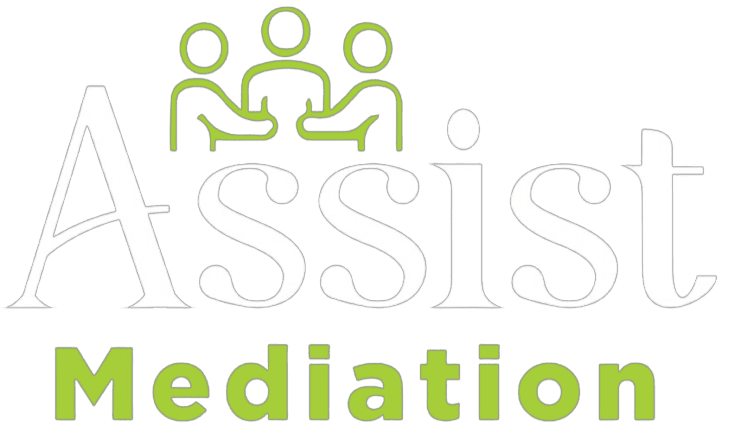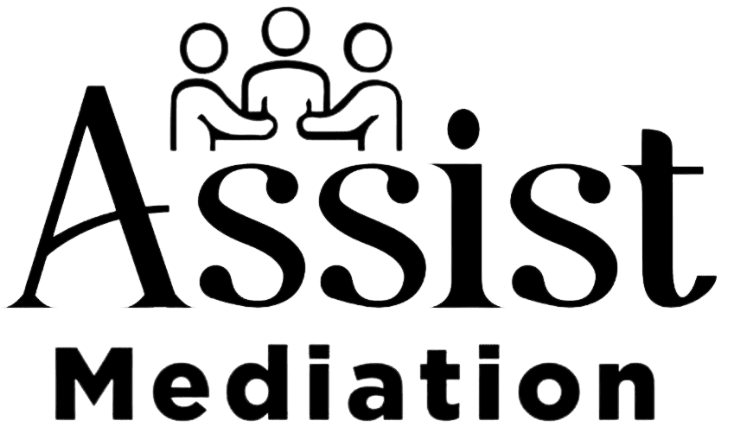Frequently Asked Questions
1. What is mediation?
Mediation is a voluntary and confidential process where a neutral third party, known as a mediator, facilitates discussions between parties in conflict. The goal is to help them reach mutually agreeable solutions and resolve their disputes amicably.
2. How does mediation differ from litigation?
Unlike litigation, which involves going to court and having a judge make decisions, mediation empowers parties to actively participate in resolving their conflicts. It is a non-adversarial approach that promotes open communication, collaboration, and creative problem-solving.
3. What types of disputes are suitable for mediation?
Mediation is suitable for a wide range of disputes, including civil and commercial matters such as contract disputes, business disagreements, employment conflicts, landlord-tenant disputes, and more. It can also be used for family disputes, community conflicts, and other interpersonal issues.
4. How long does a typical mediation process take?
The duration of mediation varies depending on the complexity of the dispute and the willingness of parties to reach an agreement. Some cases can be resolved in a few sessions, while others may require multiple sessions spread over several weeks or months.
5. How is confidentiality maintained in mediation?
Confidentiality is a fundamental aspect of mediation. All discussions, documents, and information shared during the process are strictly confidential unless otherwise agreed upon by the parties. Mediators are bound by ethical guidelines to maintain confidentiality.




6. Can I have legal representation during mediation?
While legal representation is not mandatory in mediation, parties have the option to consult with attorneys before or during the process. Lawyers can provide advice and support, helping parties understand their rights and make informed decisions.
7. What if we cannot reach an agreement through mediation?
If parties cannot reach a complete agreement, the progress made during mediation can still be beneficial. The mediator may provide suggestions or propose alternative options to help parties find common ground. In some cases, unresolved issues may be addressed through other means, such as arbitration or litigation.
8. Are mediated agreements legally binding?
In most cases, mediated agreements are legally binding. Once parties reach a mutually acceptable agreement, it is typically documented and signed by all parties involved. It is advisable to consult with legal counsel to ensure the agreement meets the necessary legal requirements.
9. How are mediators selected for my case?
At Assist Mediation, our mediators are carefully selected based on their expertise, experience, and training in specific areas of mediation. We match the most suitable mediator to each case, considering factors such as the nature of the dispute, industry knowledge, and the parties’ preferences.
10. How do I initiate the mediation process with Assist Mediation?
To initiate the mediation process, simply contact Assist Mediation through our website or by phone. Our dedicated team will guide you through the necessary steps, provide you with information, and answer any additional questions you may have. We are committed to assisting you in resolving your conflict efficiently and professionally.
We provide best solutions
As an associated member of the Civil and Commercial Mediation Council and the International Mediation Institute, we adhere to the highest standards of professionalism and ethical conduct in our mediation practice. We believe in treating all parties with respect, impartiality, and confidentiality.

